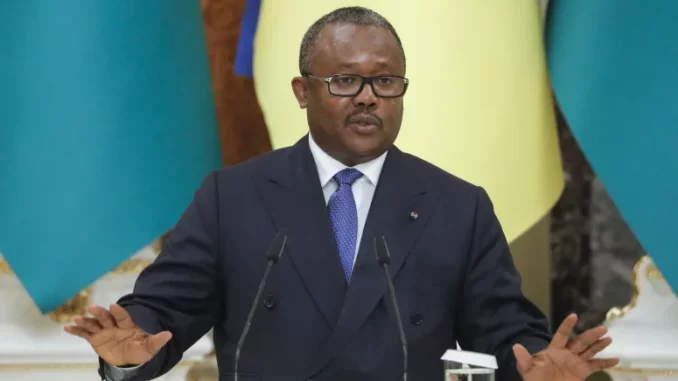
ECOWAS has called on Guinean political parties to prioritize “inclusive dialogue” to reach a consensus on the timeline for legislative and presidential elections.
In a statement released on Monday, December 16, the Economic Community of West African States (ECOWAS) announced plans to send a high-level political mission to Guinea-Bissau. The mission aims to facilitate dialogue among political actors and help establish a clear electoral calendar. This follows the indefinite postponement of early legislative elections initially scheduled for November 24.
The decision was part of the conclusions reached at the 66th ordinary session of the ECOWAS Conference of Heads of State and Government, held in Abuja, Nigeria, on Sunday December 15. The meeting was attended by Guinea-Bissau’s President Umaro Sissoco Embaló. ECOWAS emphasized the importance of holding a “successful” electoral process to ensure peace, security, and stability in the country.
Tensions have been rising within Guinea-Bissau’s political landscape. The opposition insists that legislative and presidential elections must occur in 2024, aligning with the Constitution. They argue that Sissoco Embaló’s term, which began with his swearing-in on February 27, 2020, ends on February 27, 2025.
However, the political crisis escalated after Sissoco Embaló dissolved Parliament in December 2023, a move that the opposition claims violated the Constitution’s 12-month minimum timeframe following legislative elections. Embaló subsequently dismissed the government and scheduled early legislative elections for November 24, only to later postpone them indefinitely.
The situation has left Guinea-Bissau’s governance in disarray. The current government operates under presidential authority, while the parliament remains inactive following Embaló’s replacement of its president. Compounding the crisis, the National Electoral Commission has reached the end of its term, and the Supreme Court of Justice, which also serves as the Constitutional Court, lacks the quorum needed to function—two critical institutions for overseeing the electoral process.
ECOWAS’s intervention seeks to bridge these political divides, urging all parties to cooperate and agree on a viable electoral roadmap. The organization remains committed to supporting Guinea-Bissau’s stability and democratic transition.
